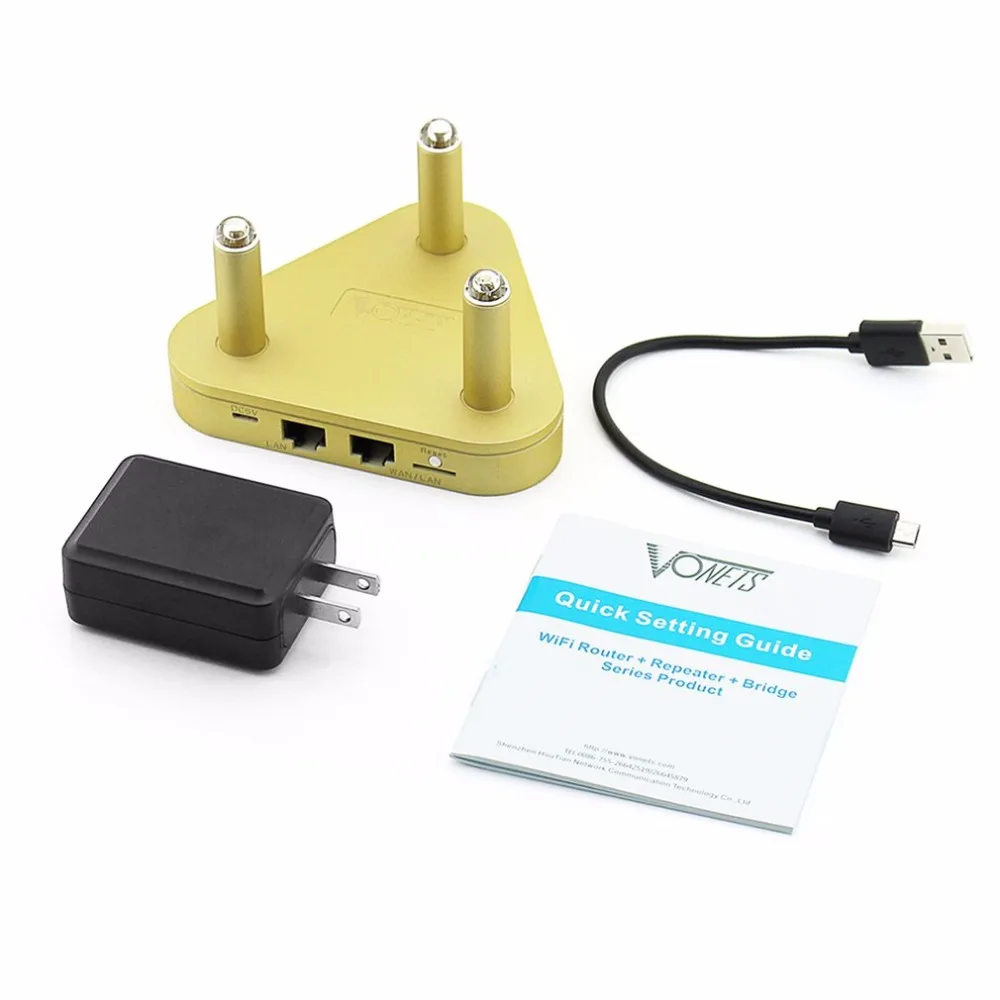

Downloader: One laptop downloaded a large file.This is the most important test-it accurately represents the thing that frustrates real users most (slow and inconsistent web browsing)-and it usually fails before any of the other tests do. Each “web page” consisted of 16 separate 128 KB files, all requested simultaneously, and we measured latency from the time the requests went out to the time all 16 requests were fulfilled. Browsers: Three laptops simulated real-human web browsing by loading a “web page” once every 20 seconds.
#BOOST ROUTER PLUS#
The cost of an extender plus a good router should be less than that of a mesh system-otherwise, you should probably get a mesh system instead. We didn’t test any of the more-expensive extenders (up to $300).

Moderate price: We didn’t consider many options over $150, and we paid special attention to extenders that cost $50 or less.Mesh compatibility: Whether the mesh-networking features are compatible only with routers from the same manufacturer (TP-Link, Asus) or with all routers (Netgear), they can simplify setup and ensure that your devices are connected to the router or extender with the stronger signal, improving the stability of your network.In the past, we’ve accepted extenders without Ethernet support, but this time we’ve made the feature mandatory. Ethernet ports: These ports are convenient for wired connections to entertainment devices.Our testing takes into account the change in network performance when you’re adding an extender to a busy network, measuring both throughput (speed) and latency (the wait before a page loads). Good performance: The extender must improve coverage and connectivity compared with the router alone-otherwise you’re just adding another device that sits on your network (and you’re wasting money).802.11ac (Wi-Fi 5) or 802.11ax (Wi-Fi 6 or 6E) support: Older, slower 802.11n extenders won’t cut it, even if they’re dual-band.Using Nest Wifi or Google Wifi in this manner can result in slower Wi-Fi speeds and unreliable connections. Nest Wifi and Google Wifi are designed for personal home use and not intended to be used for sharing networks across multiple dwellings.There could be signal interference due to traffic on your Wi-Fi network, on your neighbors' Wi-Fi networks, or from other sources like microwaves or baby monitors.If you have an older device, it’s likely it won’t support the latest standards for the fastest speeds. Speed is dependent on both the router or point and the device that is connected to it. Some devices do not support the faster Wi-Fi standards.Devices connected on the 2.4 GHz channel may not achieve speeds as fast as the 5 GHz channel.

Test your internet speeds. If the results are less than you expected, contact your ISP.


 0 kommentar(er)
0 kommentar(er)
